Funny Girl whitewashed Fanny Brice’s real life troubles
THE whitewashed tale of comedienne Fanny Brice won an Oscar 50 years ago for another Jewish starlet, Barbra Streisand.
Today in History
Don't miss out on the headlines from Today in History. Followed categories will be added to My News.
The whitewashed story of comedienne Fanny Brice’s life won stardom and an Oscar 50 years ago for another Jewish starlet, Barbra Streisand.
The heroine had died of a cerebral haemorrhage in 1951, 13 years before her son-in-law, Hollywood film producer Ray Stark, used Brice’s career to create his first stage musical, Funny Girl, in 1964.
For those who recalled Brice as a New York Ziegfeld Follies girl almost 50 years earlier, Stark’s family clean-up also bleached the truth of his father-in-law, Brice’s second husband Jules “Nicky” Arnstein, then still alive.
Australian “leading ladies”, including Michala Banas, Natalie Bassingthwaighte and Casey Donovan, are combining with Sydney Symphony Orchestra to perform hits from the musical at Sydney Opera House for three nights from July 12.
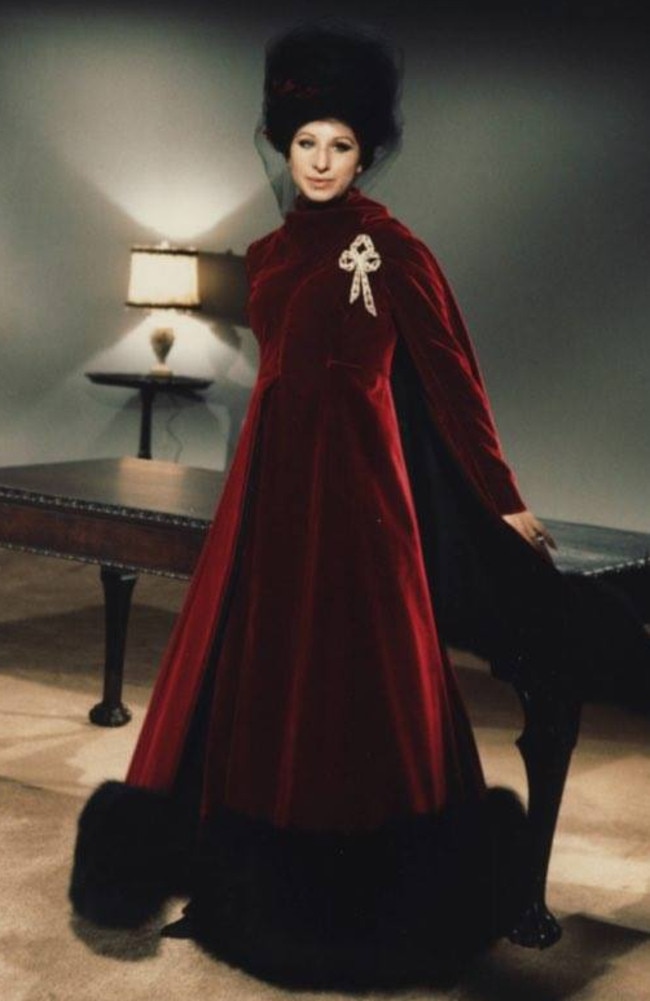
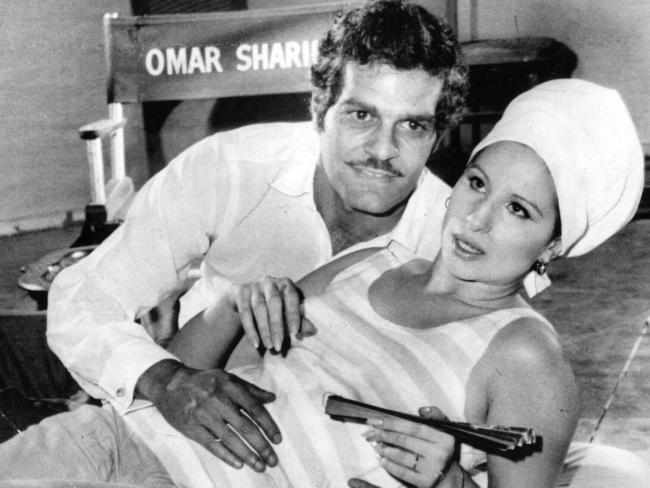
One of Hollywood’s most successful producers, in 1941 Stark had married Brice’s daughter Frances, born two months after Brice wed Arnstein in 1919, after falling for him in about 1912.
Born Fania Borach in Manhattan on October 29, 1891, Brice was still married to her first husband, Frank White, a barber from Springfield, Massachusetts whom she met in 1910 while touring in The College Girls. They divorced in 1913.
Arnstein had deserted his wife Carrie in 1909, been arrested but not convicted of swindling, and was associated with casino racketeer Arnold Rothstein, who Arnstein considered “not only the king of the gamblers, but as the whitest (most honourable) of them all. He was interested in everything involving chance, to the point of a passion.”
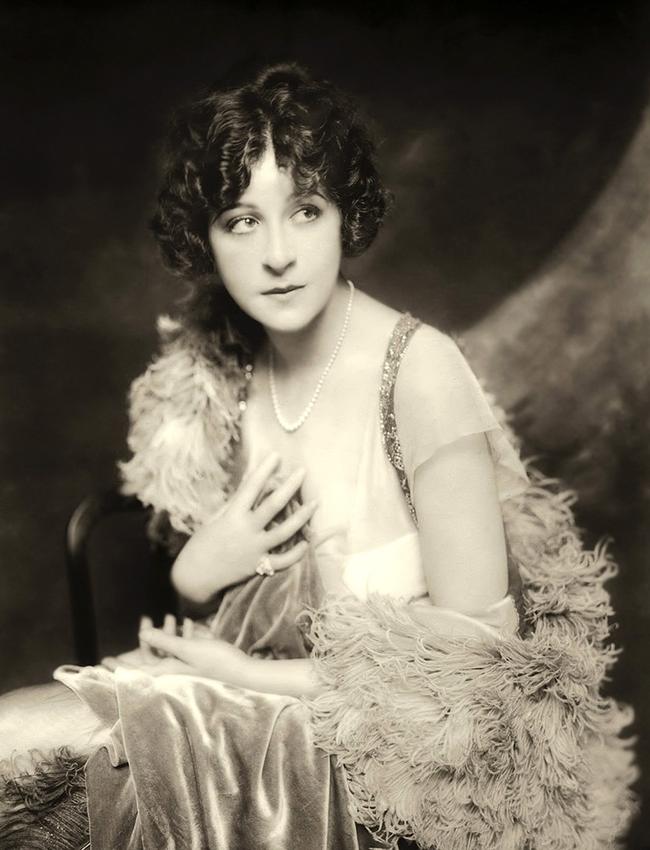
Brice’s mother Rose was no Arnstein fan, likely because of her own experience raising four children while running stores and bars while her French-born husband Charlie drank and gambled her profits on card games as he also encouraged Fania’s showbiz ambitions.
When Rose left Charlie and took her children to Brooklyn to buy and sell real estate, Brice spent more time selling lemonade on the street, petty shoplifting, sneaking into matinees or putting on shows for her friends.
After winning an amateur night talent show in early 1906, Brice quit school and successfully auditioned for a chorus role in George Cohan’s The Talk Of New York, slated for the 1907-08 season. Sacked because she could not dance, Brice moved into burlesque.
With her willowy, 170cm frame and elastic face, one critic said the “lanky teenager with a big nose and a wide mouth” could walk on stage and, before she said a word, the audience would start laughing. She landed a major role as Josie McFadden in The College Girls in 1909, winning acclaim for her rendition in a rehearsed Yiddish accent of Sadie Salome, Go Home, written by her friend Irving Berlin.
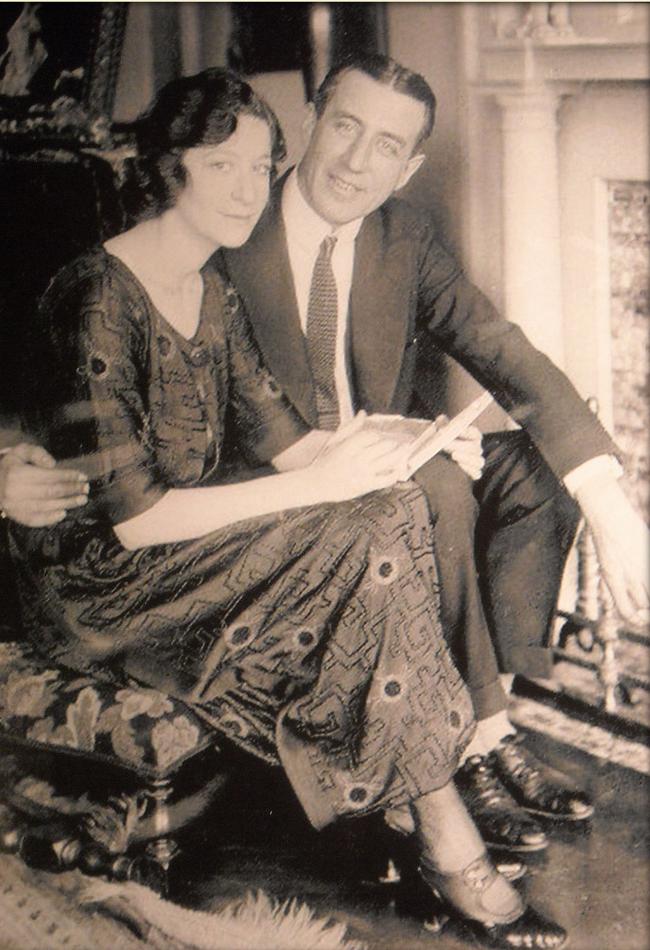
Producer Florenz Ziegfeld then hired her for his 1910 Follies, and again in 1911. In 1912 she joined rival Shubert Brothers to perform in seven musical revues, three in London, and play vaudeville roles in 30 cities. She rejoined Ziegfeld in 1916 when she pawned jewellery to finance unsuccessful appeals for wire-tapping charges against Arnstein. He was sentenced to Sing Sing, but Brice secured a pardon for him in June 1917.
Arnstein divorced in 1918 and married Brice in October.
Brice, who returned to work two weeks after the birth of her daughter, was earning $2500 a week, financing a Central Park West town house and a Long Island weekender. Arnstein was secretly working with Rothstein to organise bond robberies around Manhattan as US Treasury recruited Hollywood stars such as Al Jolson, Mary Pickford and Charlie Chaplin to advertise Liberty Bonds, to raise money for America’s war effort. Half the US population subscribed to the fourth issue, with Liberty Bonds paid to whoever presented the bond paper. From 1918 bandits stole $5 million in bonds from Wall Street couriers, who had often prearranged the robbery.
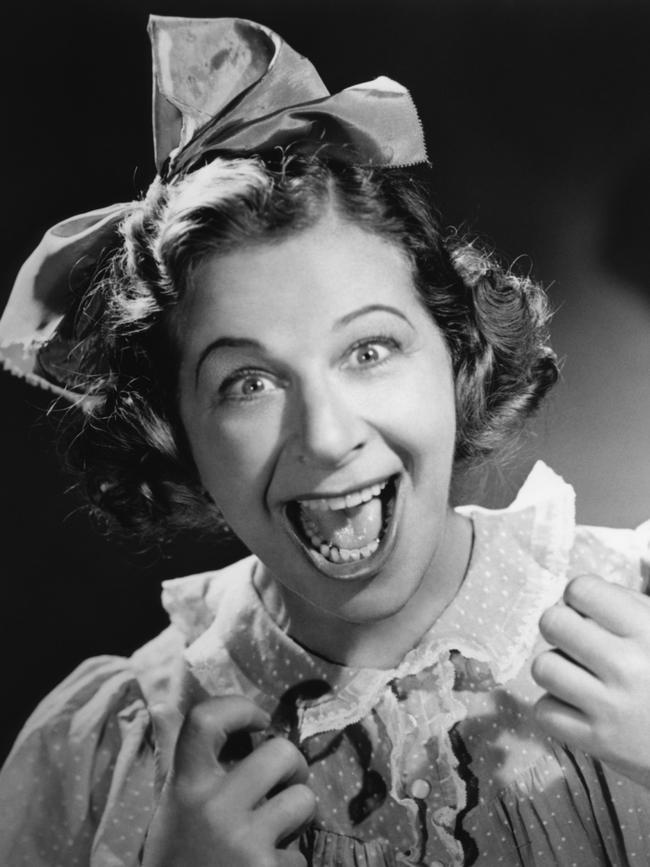
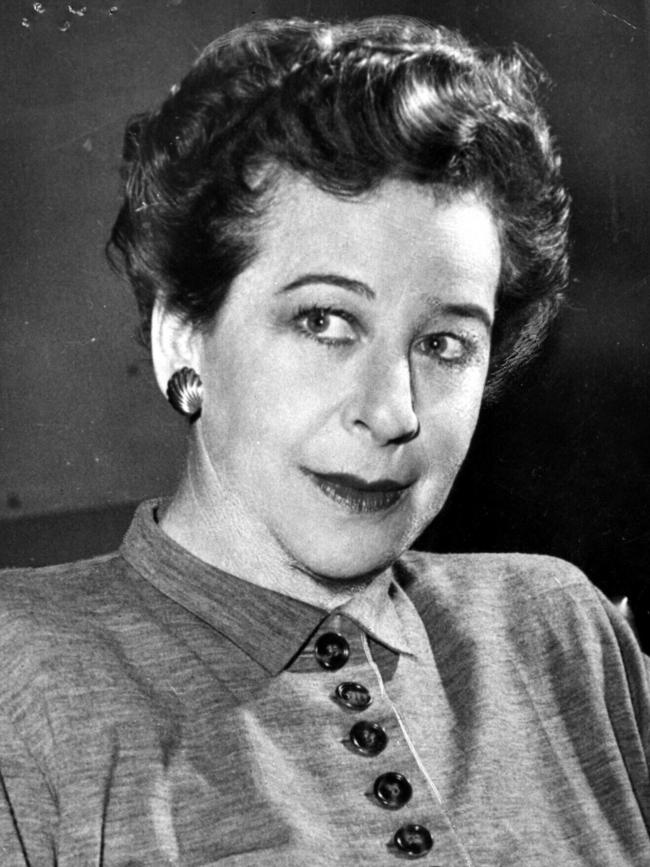
In February 1920 police caught gunmen and messengers during a robbery. Lead messenger Joseph Gluck confessed and identified the mastermind as “Mr Arnold”. Police thought they had caught Rothstein, but Gluck pointed to a mugshot of Arnstein. He fled New York but surrendered two months later, when Rothstein posted bail. When told of his arrest Brice told police, “Nicky Arnstein couldn’t mastermind an electric light bulb into a socket”.
She had son William in 1921 while financing Arnstein’s trial and appeal, and remained loyal during his 14-month sentence at Leavenworth prison from 1924. When they divorced in 1927, after Brice had one of the world’s first nose jobs, she cited Arnstein’s constant infidelity. He argued he “found her so much more beautiful, he was uncomfortable in her presence” and “began seeking the society of other … plainer women”.
Brice married songwriter Billy Rose in 1929, and had invented her popular radio character, bratty toddler “Baby Snooks”, when she moved to California in 1937, to divorce again in 1938.
